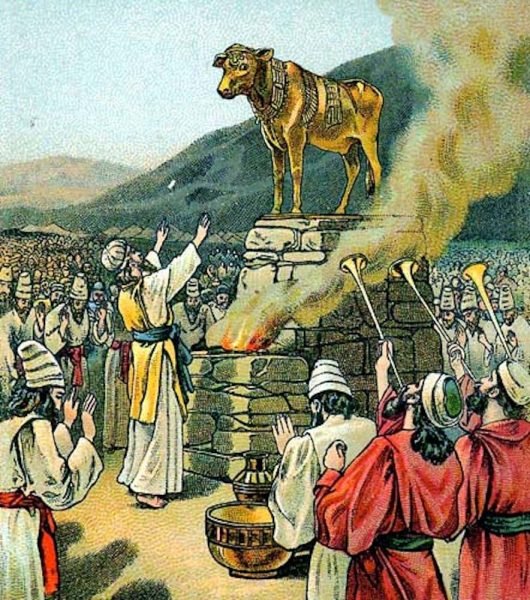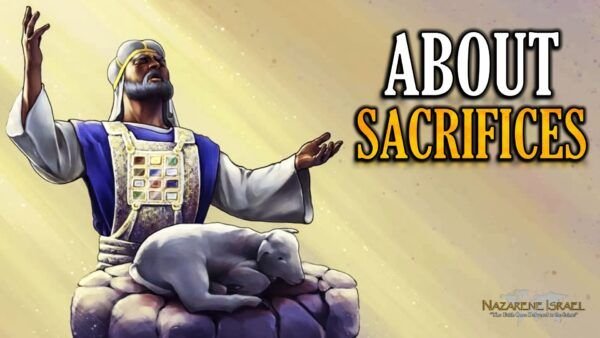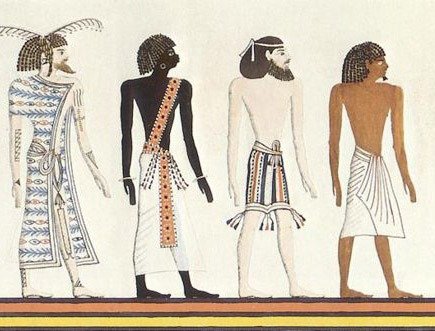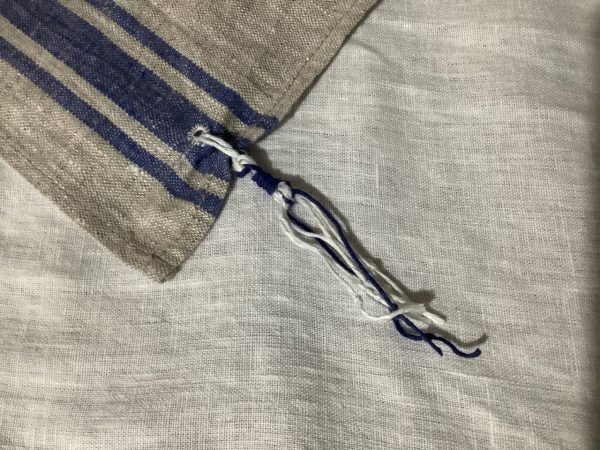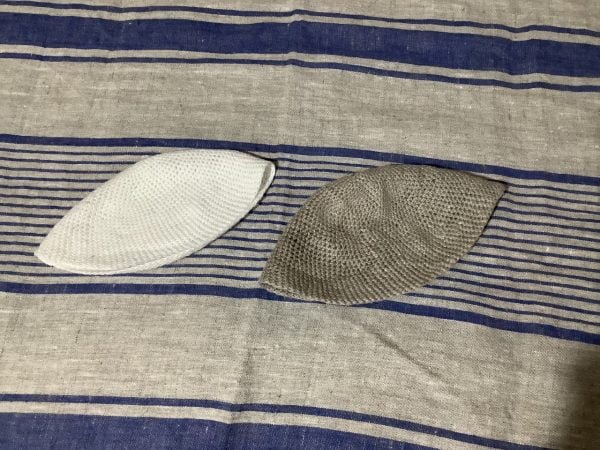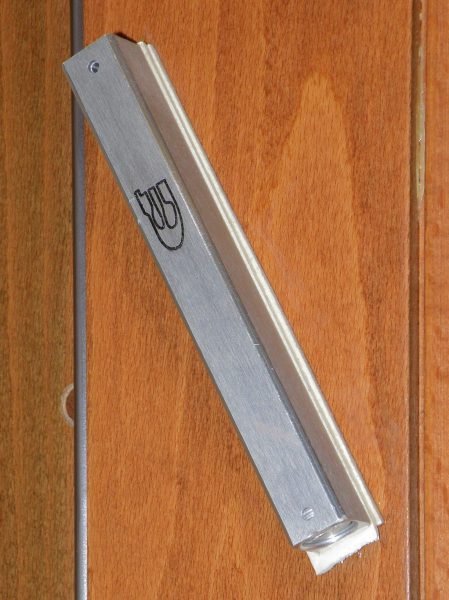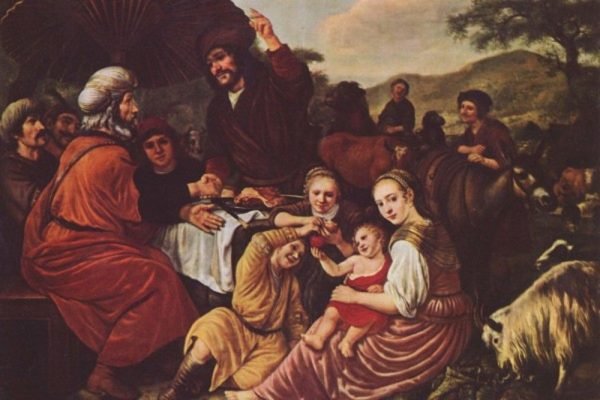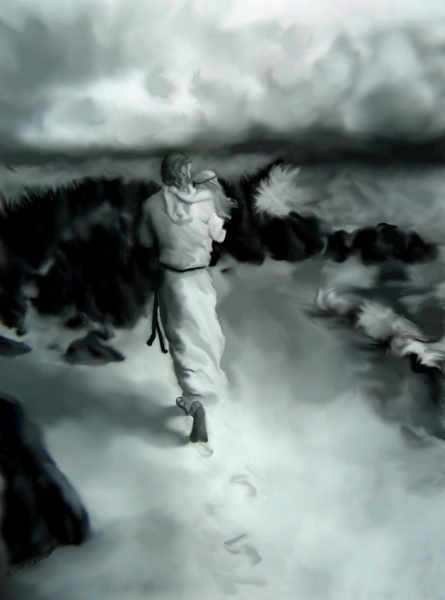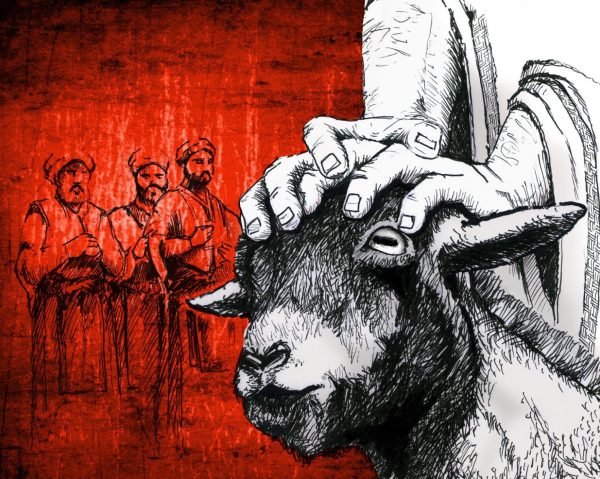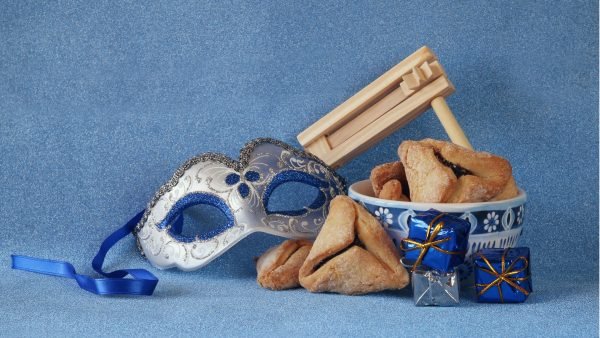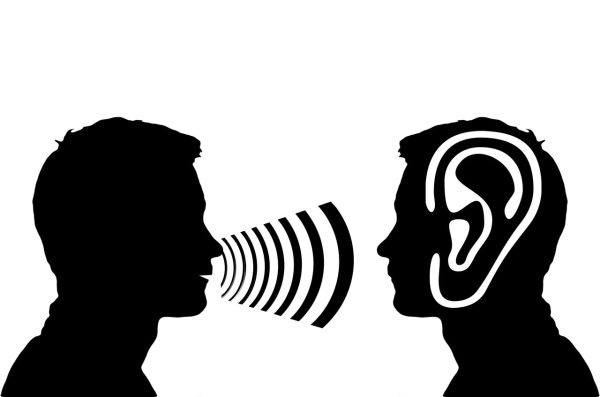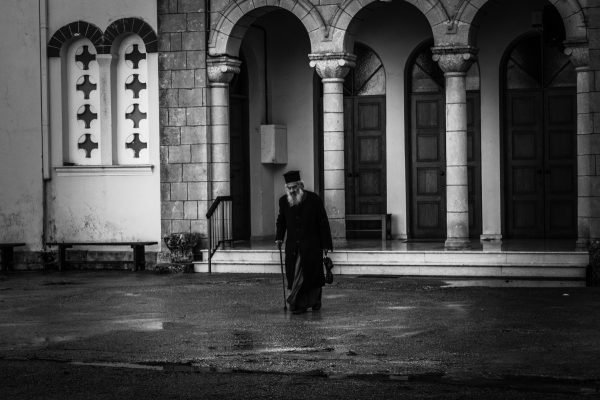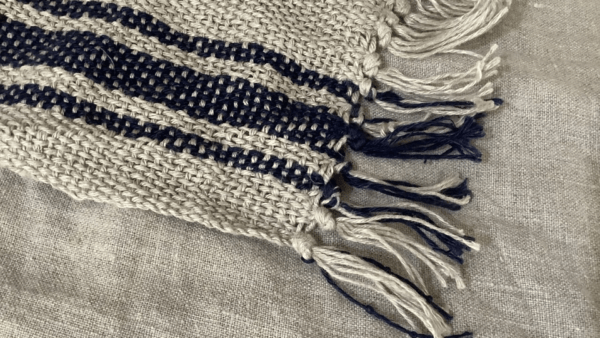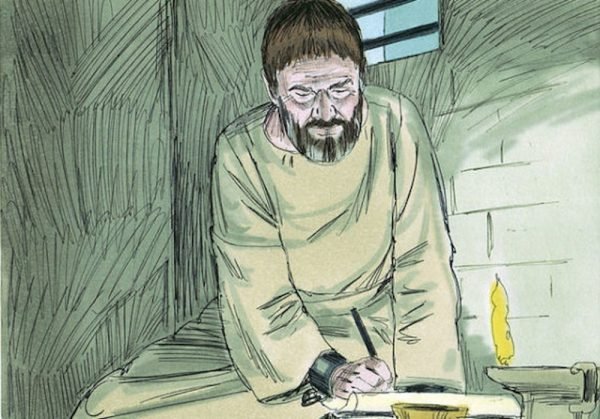garments - Page 1
Forbidden Images
When Yahweh created man, He created him in His own image; male and female He created them. Genesis 1:26-27 26 Then Elohim said, “Let Us make man in Our image, according to Our likeness; let them…
About Sacrifices
“About Sacrifices”, explains the symbolic representation of the animal sacrificial system, and how it pertains to our walk of faith today, and how the future.
The Torah and Garments Part One
This chapter explains why the Melchizedekian order does not need to wear a uniform, and yet why we still need to wear certain garments that are commanded by the Torah.
The Torah and Garments Part Two: Tzitzit (Tassels)
This chapter explains what Scripture actually says about the tzitzit (tassels). It shows why rabbinical teachings on this subject are in error. It also shows why the Murex Trunculus sea snail dye theory is in error.
Answering Questions About Garments
This chapter answers many questions about the ancient Israelite garments, and also suggests how to restore the original styles of four cornered garments that Yeshua wore in the first century.
Head Coverings for Men and Women
This chapter explains what the Renewed Covenant truly says (and does not say) about head coverings for men and women.
Why We Do Not Bind Tefillin
This chapter shows why tefillin (phylacteries) are probably an adopted pagan Greek practice, and why Yeshua Messiah (Jesus Christ) probably did not wear them, and would not approve of them.
Why We Do Not Use the Mezuzah
This chapter explains why the rabbinic mezuzah is most likely an adaptation of the ancient house amulet, and why it is an incorrect application of the metaphorical command to write all of Yahweh’s words and commands…
Toward a Torah Government
There are three primary offices (or roles) in Israel: The king (head of the physical army) The priest (head of the spiritual army) The prophet (one who hears from Yahweh) In general, the prophet serves as…
Yeshua’s Healing Walk
In Nazarene Israel we saw that after King Solomon’s reign the nation of Israel split into two parts. The northern ten tribes were called the house of Israel (or Ephraim), while the southern two tribes were…
Women, Wives, and Sisters
What is a woman’s role as a wife, and as a sister in the assembly and community? This is a subject that could fill volumes, but we will stay focused on the basics. Yahweh created the…
Passover in the Original Covenant
At the time of this writing, Nazarene Israel is in the dispersion. Since neither the Tanach (“Old” Covenant) nor the Brit Chadasha (Renewed Covenant) address what to do in the dispersion, it can be difficult to…
Gender Roles in the Kingdom
Yahweh created woman as a corresponding helper to man, and at this time established gender roles for man and woman which we will explore in this study.
Abstinence, Celibacy, and Nazirites
Numbers 6 gives us the instructions (Torah) of the Nazirite—one who is separated from normal daily life to serve Yahweh and His people. In Hebrew the term Nazirite is Nazir (נְזִיר). The first use of the…
Aviv Barley and the Head of the Year
This chapter explains how Rosh HaShanah (the Head of the Year) is properly determined, according to Torah. It also explains why the Omer (Wave Sheaf) is symbolic of Yeshua.
The Passover and Unleavened Bread
The first of Israel’s seven annual feasts is a one-day feast, the Passover. It is followed immediately by the second of Israel’s feasts, the Feast of Unleavened Bread. Since the Feast of Unleavened Bread begins the…
The Day of Atonements (Yom Kippur)
The tenth day of the seventh month is called by several names, but it is usually called Yom Kippur, or the Day of Atonement. However, the Torah actually calls it Yom HaKippurim (יוֹם הַכִּפּוּרִים), or ‘The…
The Feast of Tabernacles (Sukkot)
In the chapter on Hanukkah we discuss why Yeshua was probably born on the first day of the Feast of Tabernacles, otherwise known as the Feast of Booths, or Sukkot.
The Calendar the Apostles Kept
The Roman Church uses the Roman calendar, in which the day begins at midnight. In contrast, the Hebrew day begins at evening. For example, Genesis 1:31 tells us: B’reisheet (Genesis) 1:31 31 And the evening and…
Purim Reconsidered
Explains from the Bible why we should not keep the man-made feast of Purim.
Yeshua Rebukes the Rabbis
When the Prophet Eliyahu (Elijah) fled from Ahab and Jezebel, he went to dwell at Mount Sinai (which is Horeb). While he was there, “a voice came to him” from Yahweh. Melachim Aleph (1 Kings) 19:11-13…
The Renewed Melchizedekian Order
In the last chapter we saw how the Levitical order had no funding when the Jews went into Babylon—and therefore the Levitical order collapsed. Then we saw how the rabbinical order arose to take its place.…
About Tassels (Tzitzit)
Scripture tells us to make tassels on the four corners of the clothing with which we cover ourselves, so that we might look upon them, and remember to do all of His commandments. Bemidbar (Numbers) 15:37-40…
About Shaul’s Ministry
Some believe the Apostle Shaul (Paul) taught heresy, and they want to remove his works from Scripture. This is a mistake. Yahweh hand-picked Shaul, and said he was a “chosen vessel” to bear His name before…
Nazarene Israel

